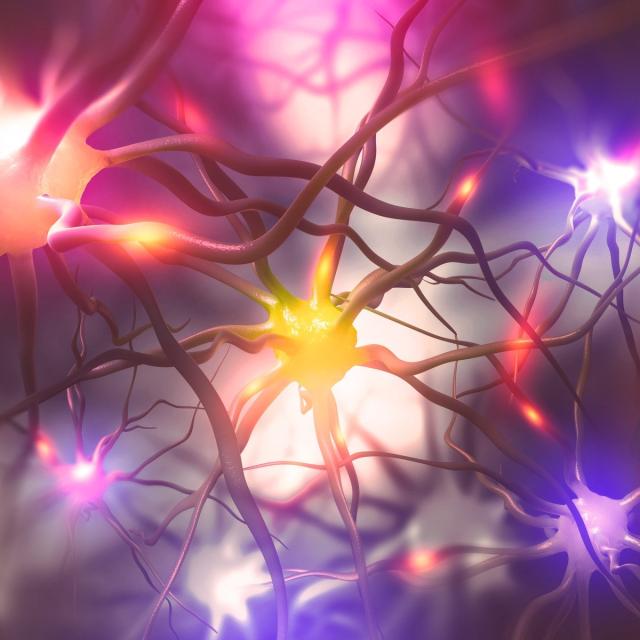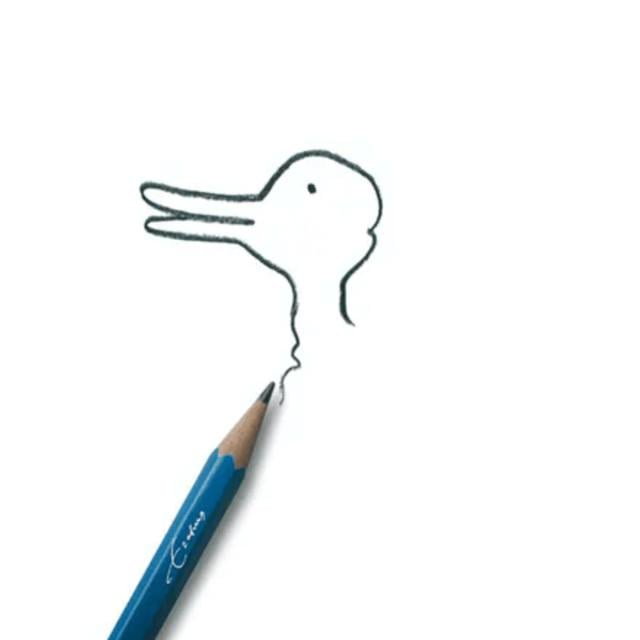Film, Images & Historical Interpretation in the 20th Century: The Camera Never Lies (Coursera)
Categories
Effort
Languages
This course is a short taster on the topic of the use of Images, Film, and their use in historical interpretation in the 20th century. It is primarily provided for those who have a general interest in history that draws on photojournalism as primary evidence, and films based on historical events.
Apr 22nd 2024










